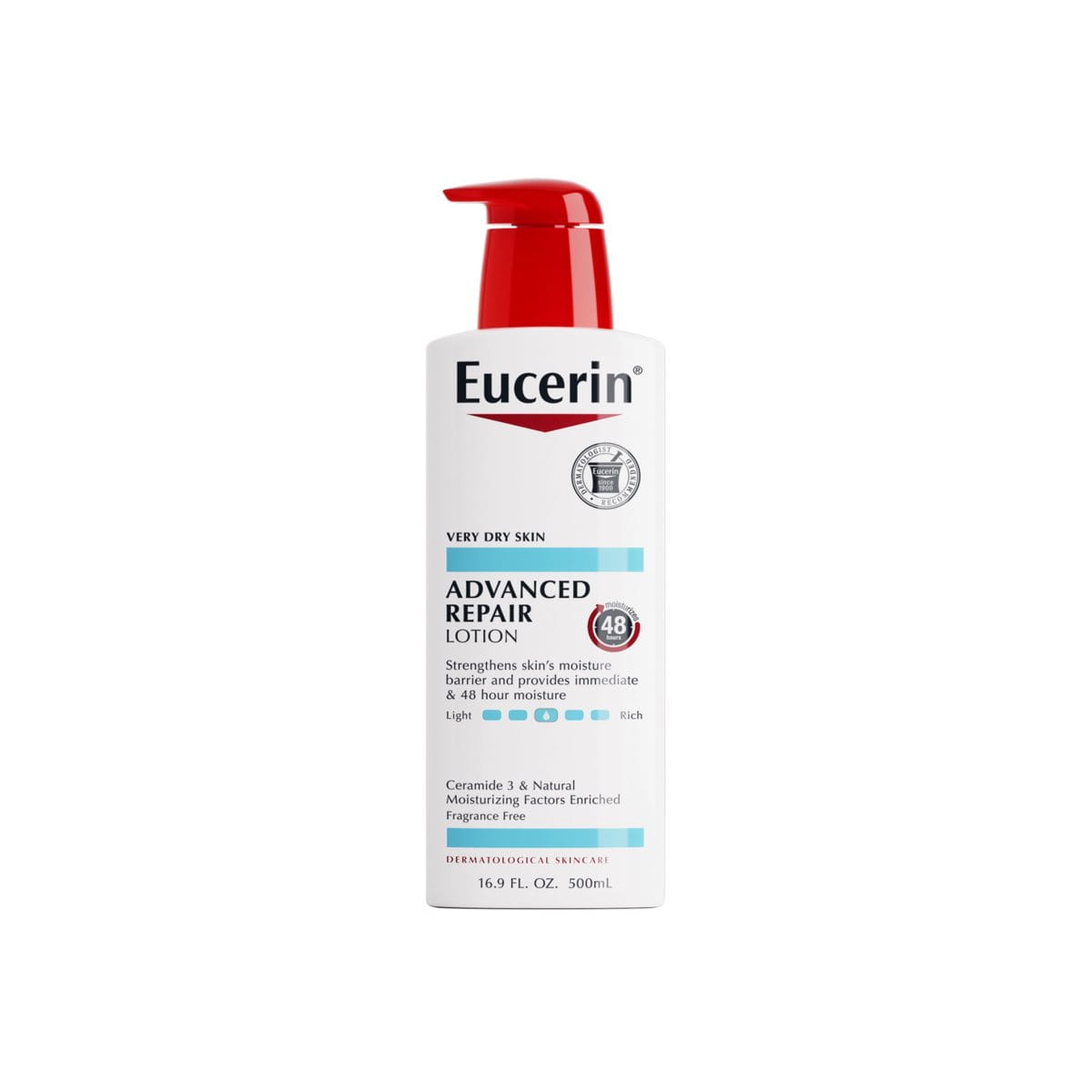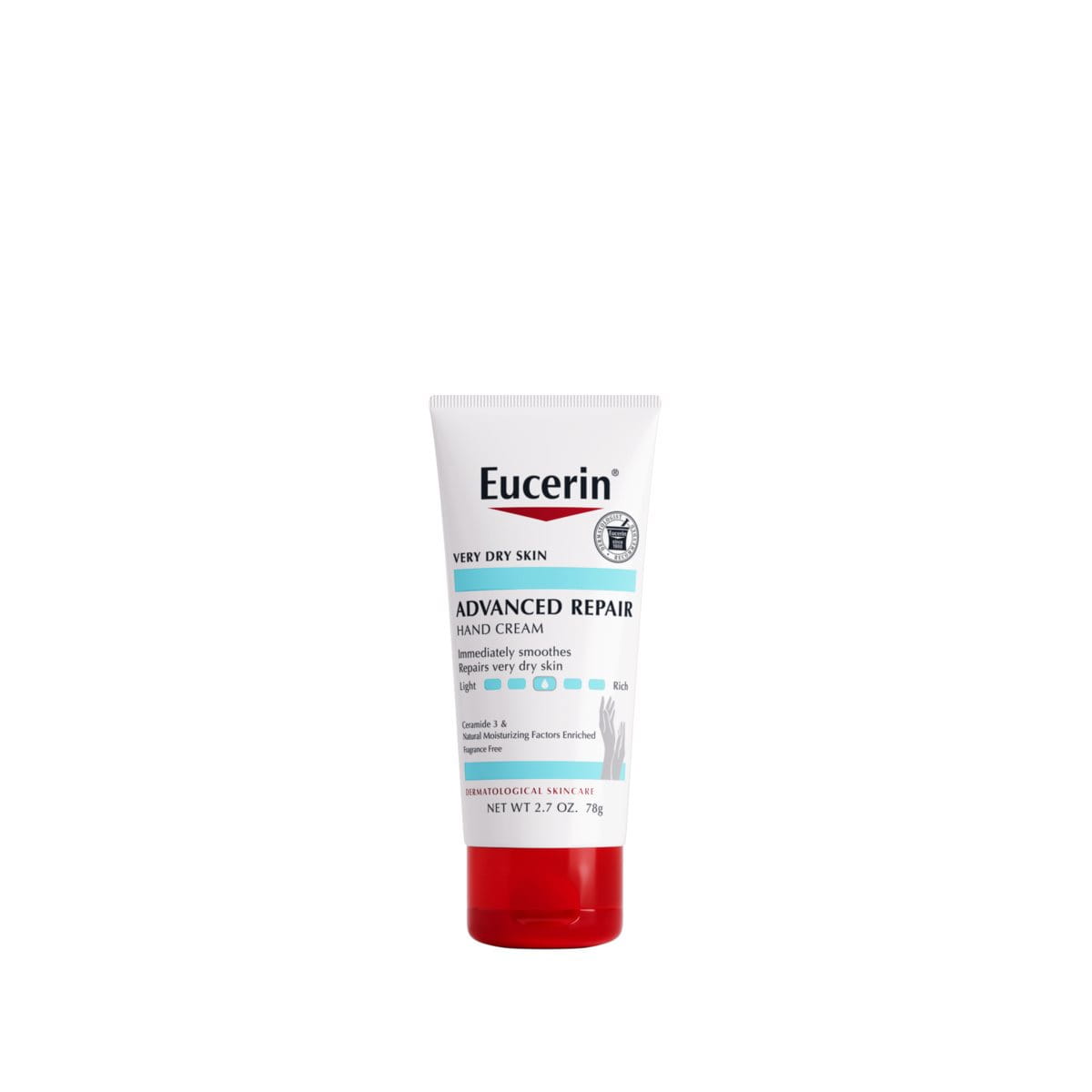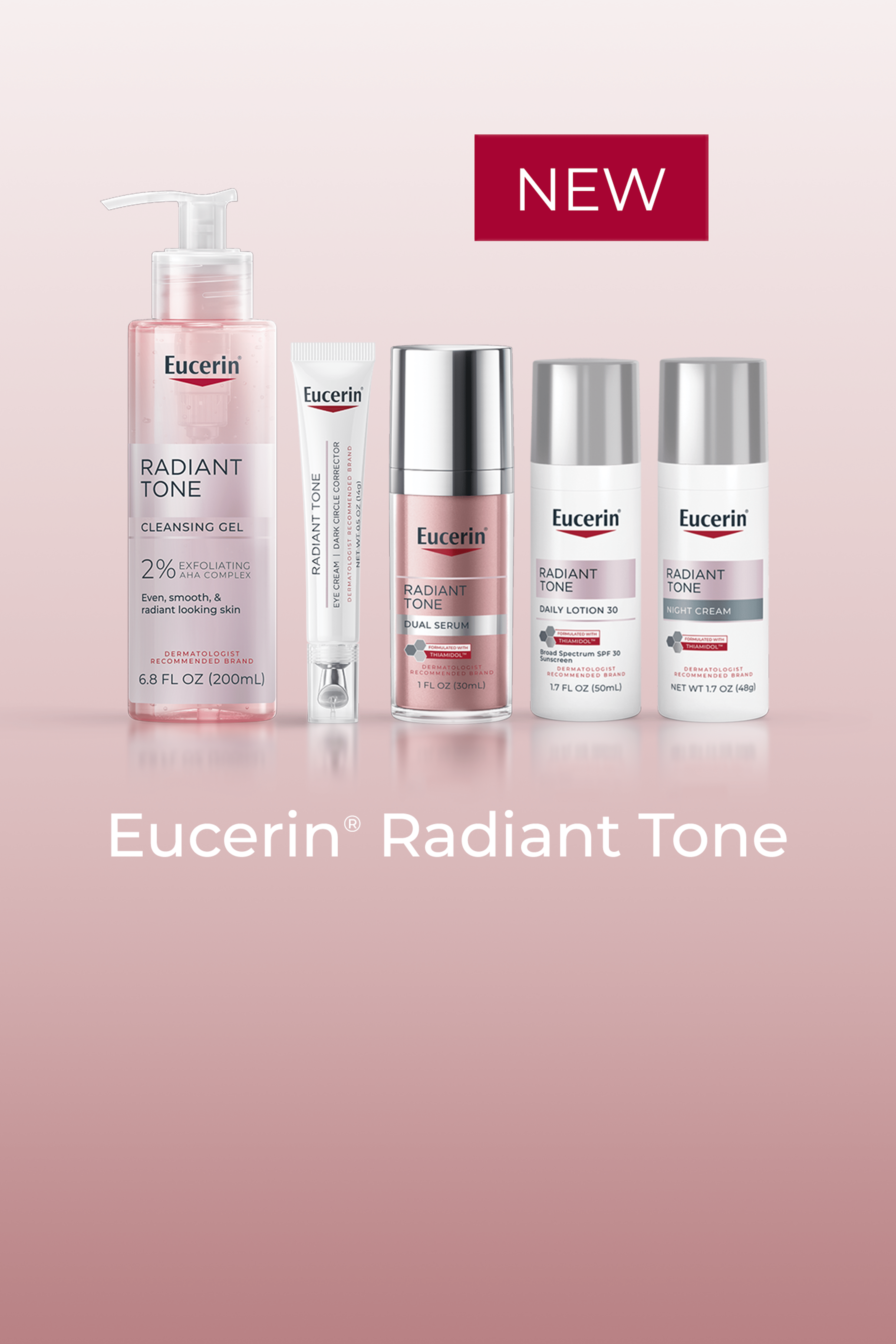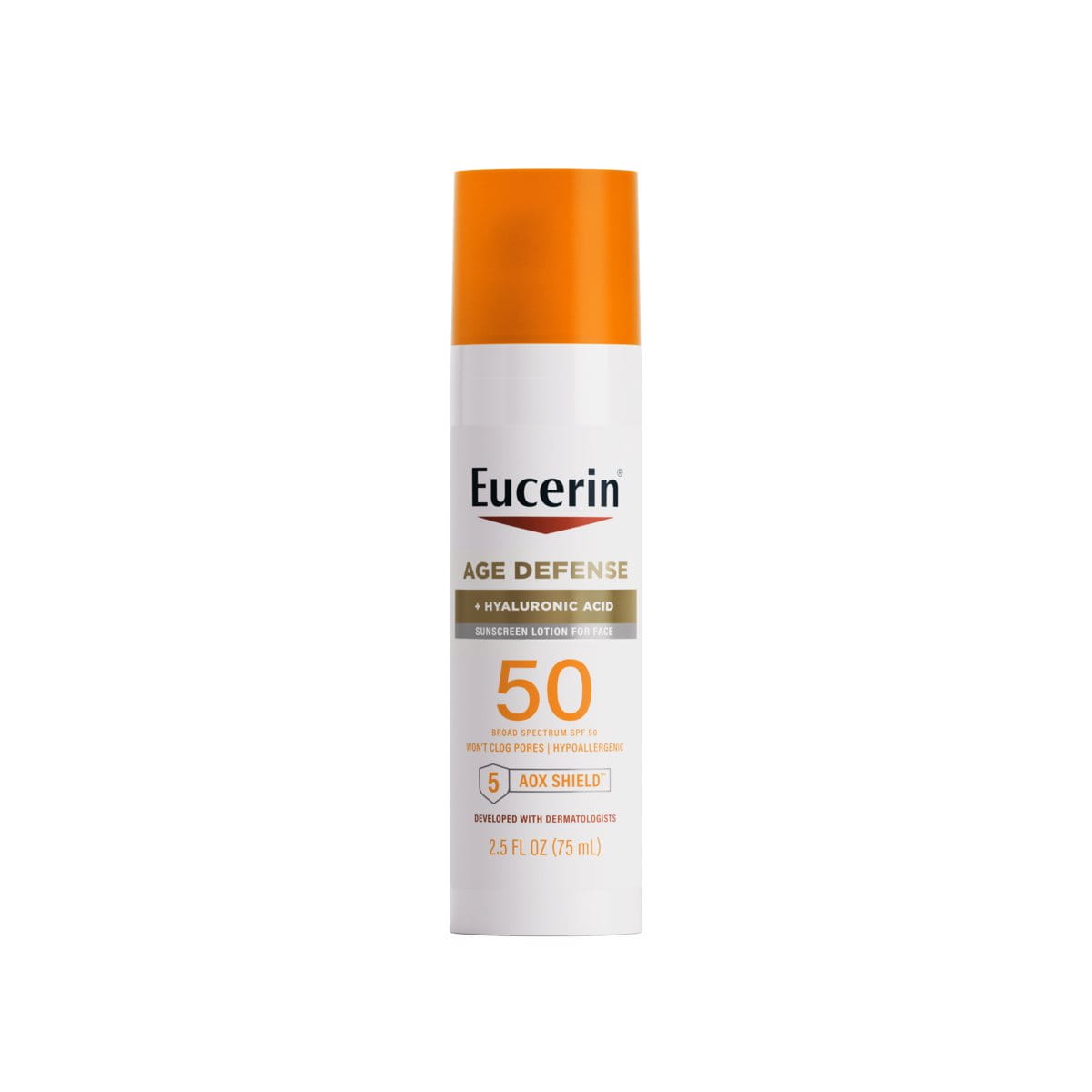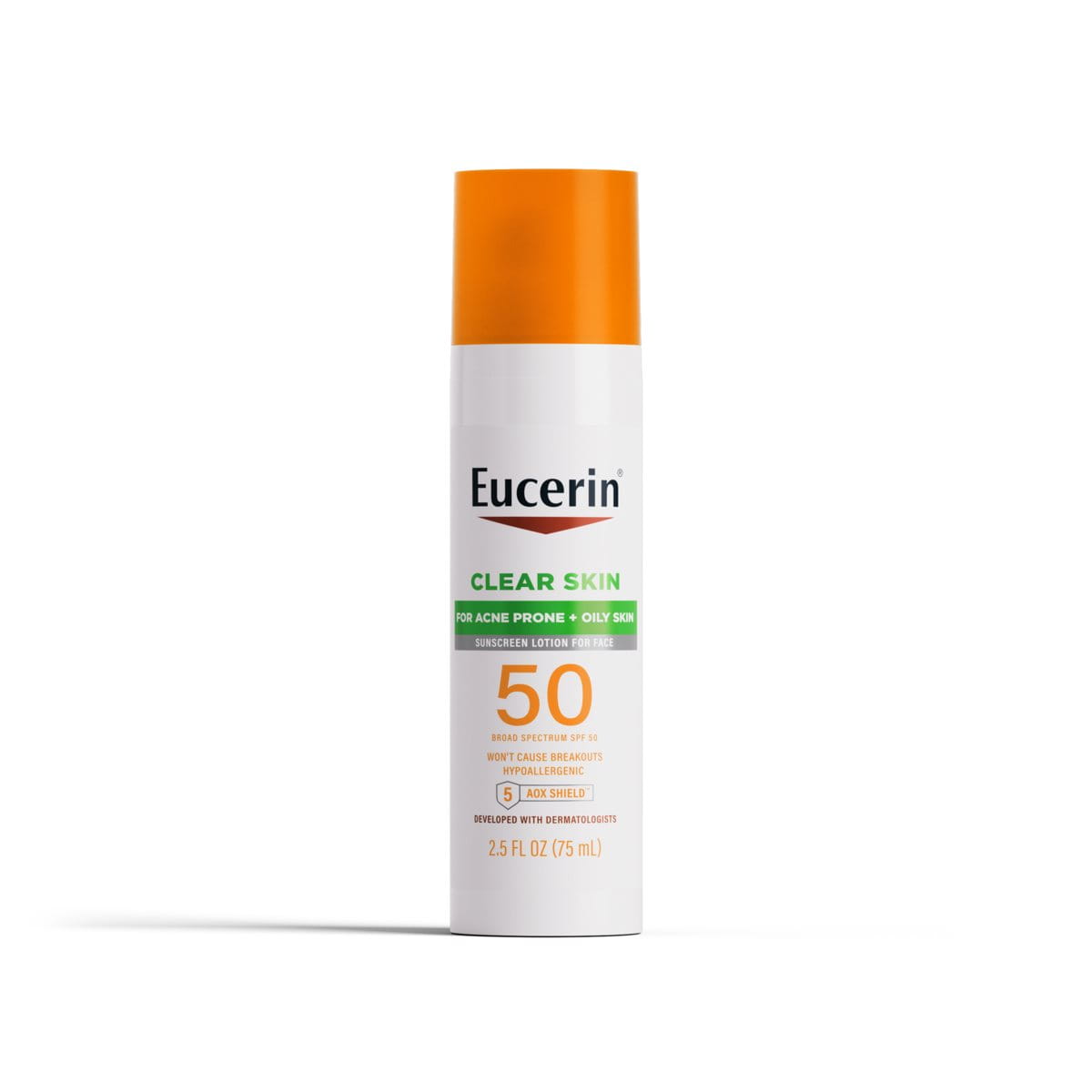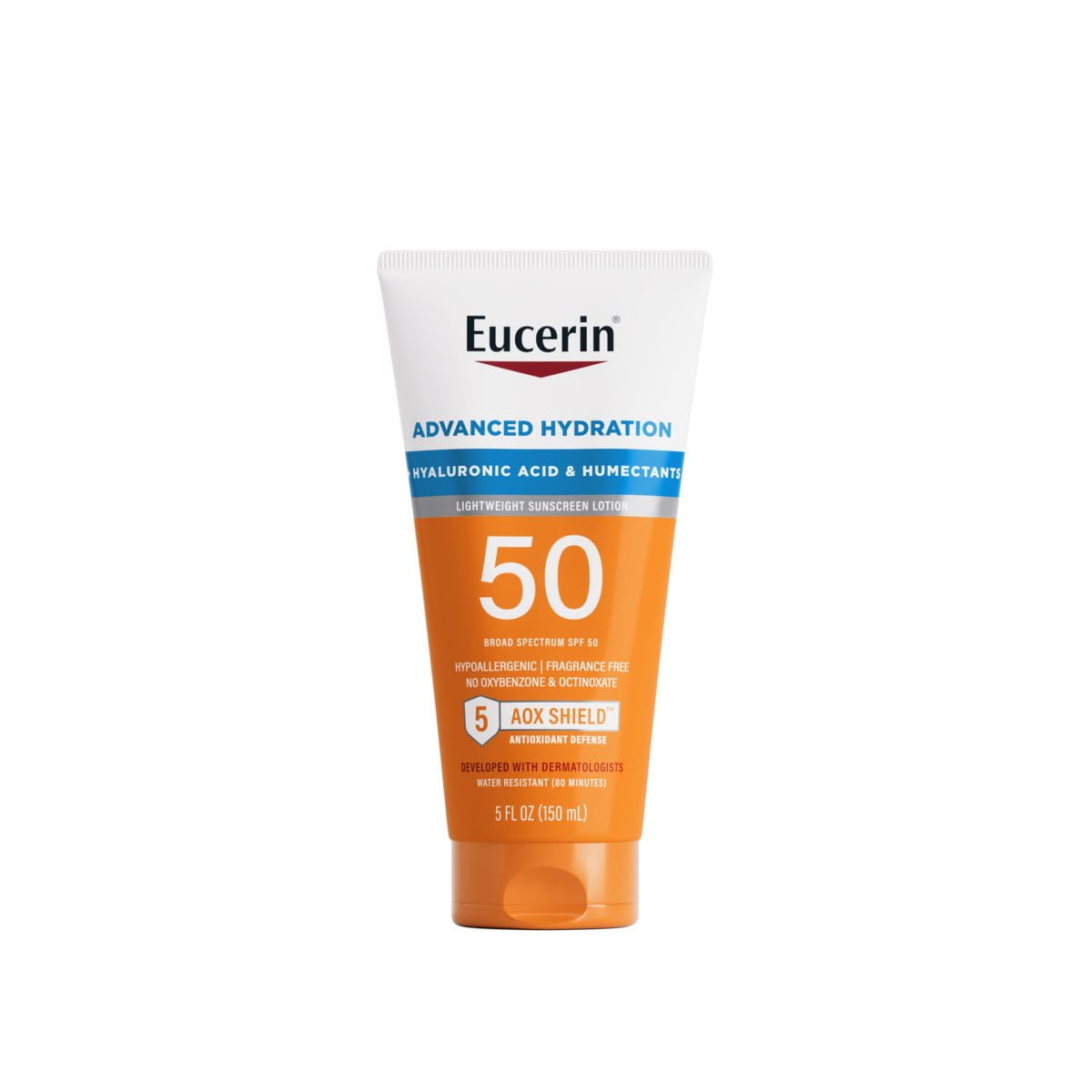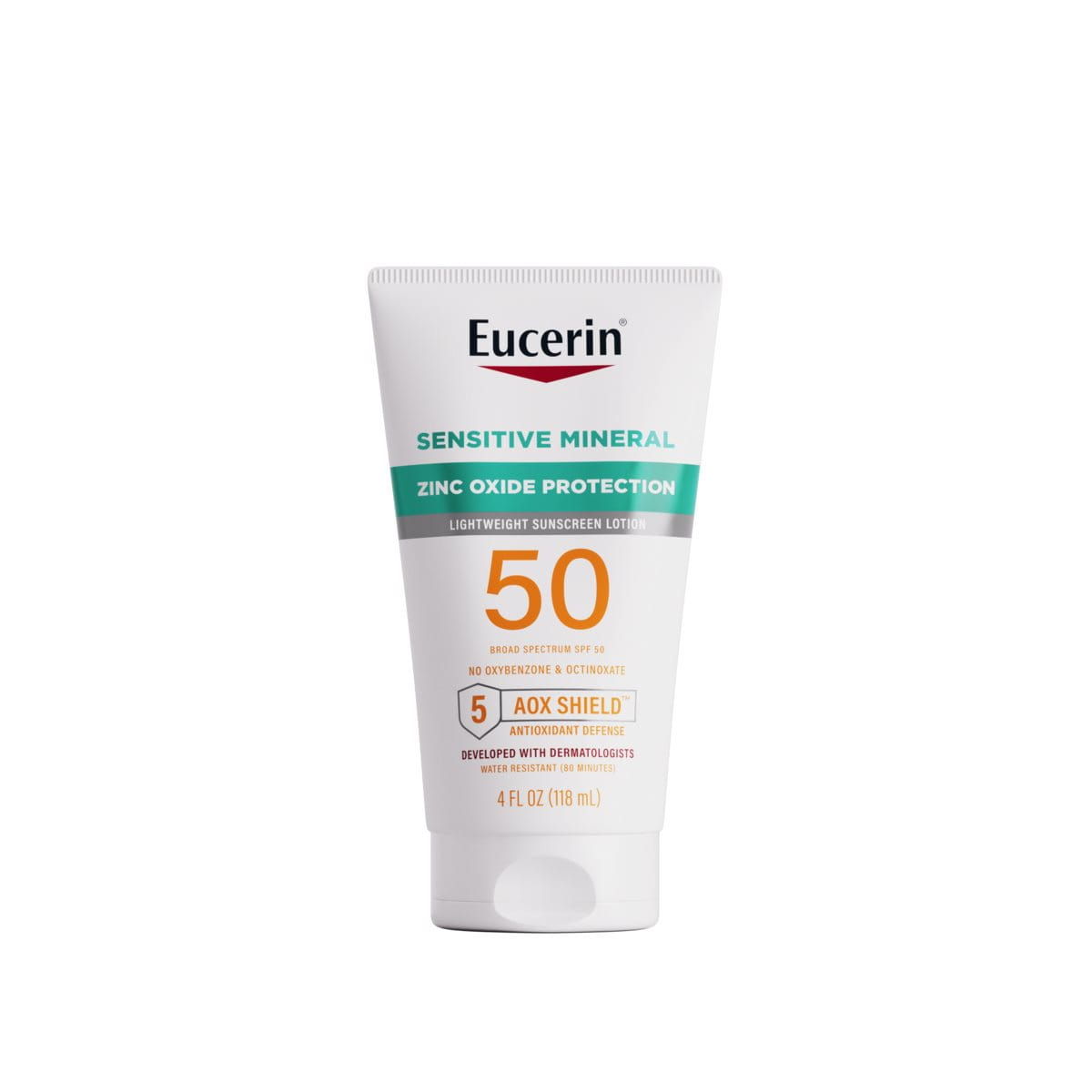Why do all skin tones need daily sunscreen?
There is a common misconception that the higher melanin (which produces skin pigment) in people with darker skin protects them from the sun. Science shows that people of color can get sunburned, have pigment changes, and even get skin cancer. No matter the color of your skin, all skin needs broad-spectrum sun protection. People with darker skin are 3x more likely to be diagnosed with advanced-stage melanoma due to lack of awareness.1Research shows skin cancer affects approximately 4.5 million people of color each year in the US.2


